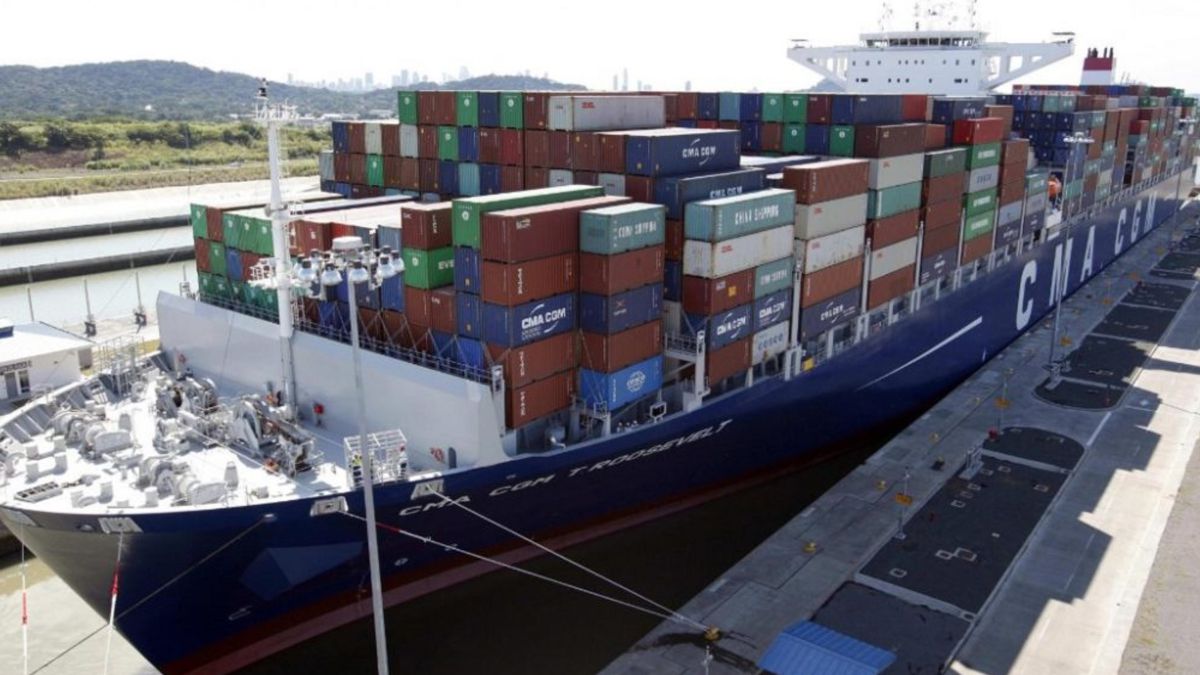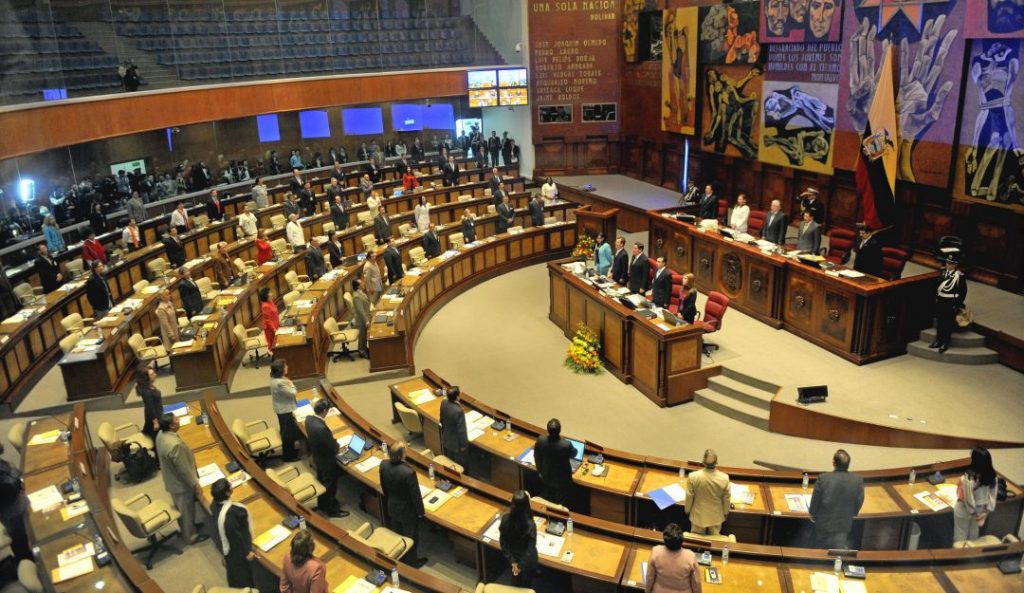Humanity is heading towards an uncertain future, in which a shortage of many products threatens. “The planet has a supply problem. In five years there will be a shortage of water and food “, warns in The country Vaclav Smil, a former professor of the environment at the University of Manitoba, who notes that “we must grow in the right direction”To avoid it. In this sense, he assures that “we need Malaysia and Indonesia to grow, but not United States”, Although it assumes that “A perfectly egalitarian society will never exist”.
However, although this expert predicts that this shortage will arrive in a few years, there are countries that are already suffering it due to numerous factors, such as pandemic of COVID-19, the lack of semiconductors, the energy crisis. As a consequence, bottlenecks in supply chains and even compromise christmas, then, according to BBC, there are many electronic products, vehicles or toys stored in containers of cargo ships that do not arrive at port or wait get space for shipping.
Thus, the British media has collected some of the largest economies in the world and Latin America that are currently being affected by the product shortage, from the coffee to the coal, or by delays in the deliveries of these.
The coal crisis in China
Michal Meidan, a researcher at the Oxford Institute for Energy Studies, assures BBC China is experiencing a shortage of almost all products, from paper, food, textiles and toys, even chips for iPhones. A problem that affects both national and international clients and businesses, since these items “may end up with little supply at Christmas”.
This delicate situation is mainly due to a electrical crisis, by which more than 20 Chinese provinces have suffered power outages. And it is that more than half of the country’s electricity comes from Coal, whose price has increased notably all over the world. What these costs cannot be passed on to citizens due to the strict control of prices exercised by the Government, energy companies are reducing production. Besides, the coal production has also been seen affected by new mine safety controls, stricter environmental standards and recent floodsMeidan notes.
United States: toys and basic products at risk
A White House official also warns that next Christmas “there will be things that people will not be able to achieve” in the United States, since toy inventories will be affected, as will some basic products As the toilet paper, the bottled water, the new clothes and the pet food.
One of the major causes of this is bottleneck that exists in US ports. Four out of 10 containers that enter the country do so through only two ports: Los Angeles and Long Beach, in California. As a result, many vessels have to queue to unload their containers.
Another factor that has influenced this problem is the pandemic, and the Effects of this in countries from which the United States imports products. For example, Nike manufactures many of its items in Southeast Asian countries such as Vietnam, where some factories have been closed due to COVID-19. And, even if the products are manufactured, delivery to retailers is more complicated due to the bottleneck, explains Professor Willy Shih, a researcher at Harvard Business School.
India: problems with cars and computer chips
Maruti suzuki, India’s largest automaker, has suffered a drastic drop in production due, in part, to the global semiconductor shortage, which manage functions such as motor supply and the emergency braking. Its scarcity has been caused by problems related to ravages of the pandemic in countries like Japan and South Korea, as well as by the increased global demand for chips, which are also used in telephones and computers.
Additionally, the implementation of the telecommuting in much of the world caused a sharp increase in semiconductor demand, given that employees need laptops or webcams to work from home.
Likewise, the situation has been aggravated by the disturbance of energy supply in the country, where coal reserves are running low dangerously. “All the Manufacturing sector (cement, steel and construction) is affected once there is a coal shortage, ”laments Zohra Chatterji, former head of Coal India Limited. The families indias will also be seen harmed when electricity prices rise and commodities such as food or oil.
Nigeria runs out of gas for cooking
Nigeria is in one of the most dramatic scenarios, as it suffers shortage of liquefied petroleum gas (LPG), which is mainly used for Cook. Despite having the largest natural gas reserves in Africa, the price of LPG grew almost 60% between April and July, what prevents many Nigerians from buying the product. As a result, households and businesses turned to charcoal or firewood for cooking.
One of the reasons for this huge price increase is that there is a global shortage of supply and Nigeria still depends on imported LNG. In addition, the situation has worsened due to local currency depreciation and the reintroduction of taxes on LNG. Regarding the consequences, experts warn that they could be serious for health and the environmente, since people turn to cheaper fuel, but more dangerous.
Latin America: delays in deliveries
Although the situation is different in each Latin American country, there are certain patterns that are common in almost the entire territory, such as the delayed delivery of products to consumers and increased prices. For example in Colombia, “there are late arrival of some Electronic products, home appliances, cars and many others ”, according to Javier Díaz, executive president of the National Association of Foreign Trade of Colombia (Analdex). So though yet no shortage of products, “Exports and freight management were disrupted”, explains Daniel Pardo, correspondent for BBC World in this country.
For its part, Brazil has had a bad coffee harvest this year due to drought the country has suffered in almost a century, in addition to the frost and the natural cycle of crops. These challenges for coffee products have been exacerbated by the high shipping costs and the container shortage. Furthermore, these increases are likely to be passed on to world coffee prices, as Brazil is the largest producer and exporter of this product.















